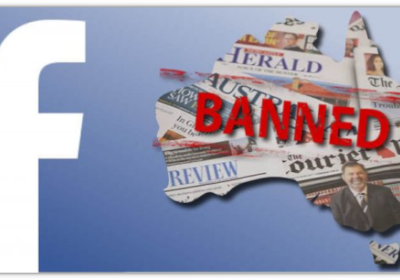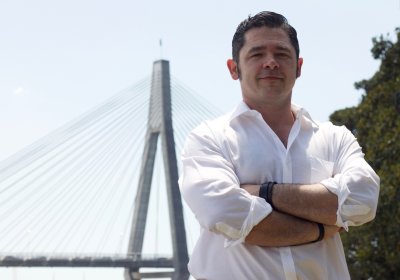Mainstream media outlets may pretend not to be mouthpieces for the powerful, but in the end they are loyal to their billionaire owners and the class interests they represent, writes Tamara Pearson.
Rupert Murdoch
With Fox News raking in viewer numbers, seizing about 70% of the market in November, Rupert Murdoch is keen to ensure the profits continue to roll in by entrusting Lachlan Murdoch full control. Binoy Kampmark reports.
News Corps' calculated change of heart on climate change in the lead-up to COP26 has not fooled too many, argues Binoy Kampmark.
Facebook's “Zucker” punch successfully forced the federal government's hand. It is another reason why we need to fight for real public interest journalism, argues Zebedee Parkes.
The government's media bargaining code bill aims to help in the transfer of profits from one section of big capital to another. It will make public interest journalism even more precarious, argues Zebedee Parkes.
Green Left is one of the many independent outlets that have become collateral damage in the power struggle between old and new media oligarchs, argue Pip Hinman and Susan Price.
As more of our lives are mediated through the internet, private companies cannot be allowed to dictate the terms on which we relate to each other, argue Tim Scriven and Aleks Wansbrough.
All around Australia, racially oppressed minority communities are celebrating the late night defeat of the federal government’s attempt to weaken section 18C of the Racial Discrimination Act.
The bill, which sought to remove the words “offend”, “insult” and “humiliate” from the section against racial vilification and replace it with “harass and intimidate” was defeated 31-28 with the support of Labor, the Greens and other small party and independent Senators.
Reading Rupert Murdoch's Australian is always educational. For instance, Maurice Newman's September 11 op-ed exposed a media gang that represent “by far the major media presence in Australia and, from their bully pulpits, they present a common position on most social, economic and political issues”.
- Page 1
- Next page











